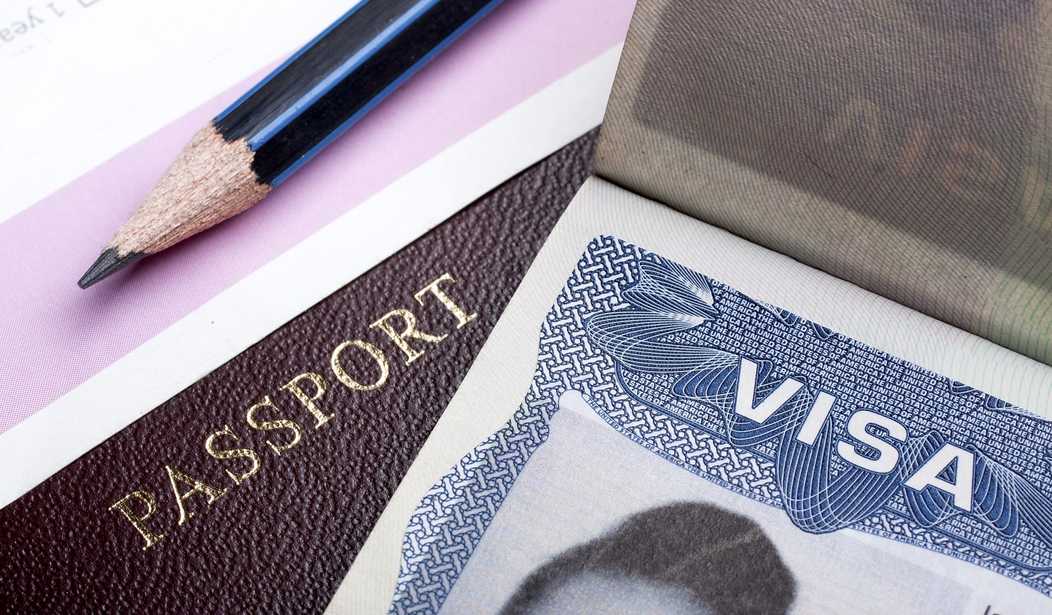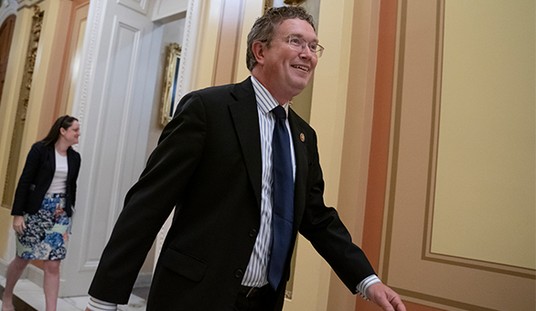The Obama administration tried to defuse growing bipartisan discontent with the visa waiver program by announcing enhancements to the program that eases travel from Europe.
Sen. Dianne Feinstein (D-Calif.), the top Dem on the Senate Intelligence Committee, announced days after the Paris terror attacks that she and Sen. Jeff Flake (R-Ariz.) would be introducing a bill after Thanksgiving to crack down on what she called “the soft underbelly of our national security policies.”
The visa waiver program allows 90 days of travel visa-free to the United States from 38 countries, including European terrorist hotspots such as Belgium. In its lobbying corner: business and tourism industries. Some 20 million travelers use the program to arrive visa-free in the U.S. each year.
Feinstein and Flake quickly got to work crafting a bill to make “several changes” to the program, including the requirement that anyone who has traveled to Iraq or Syria in the past five years must apply for a visa through the traditional process of an interview at a U.S. embassy or consulate.
“The bill requires additional information from travelers before they arrive in the U.S., to include fingerprints and photographs,” Feinstein said at a Nov. 19 press conference. “The bill would require all individuals using the Visa Waiver Program to have a passport with an e-chip to store biometric data. This e-chip is more secure and harder to tamper with and contains an individual’s biometric information.”
Today the White House tried to head off Congress, claiming that the administration was already in the process of making updates to the program and announcing “additional actions today that will further enhance and accelerate these changes.”
Whereas prospective visa-free travelers are screened through the Department of Homeland Security’s Electronic System for Travel Authorization, DHS said it will “immediately take steps to modify its Electronic System for Travel Authorization (ESTA) applications to capture information from VWP travelers regarding any past travel to countries constituting a terrorist safe haven.”
“The Director of the Federal Bureau of Investigation will evaluate the terrorism information sharing that occurs between the United States and VWP countries, in consultation with the Director of National Intelligence and the Secretaries of State and Homeland Security, and provide a report to the President of the United States within 60 days identifying options to mitigate any deficiencies,” the White House said in a fact sheet on the program “enhancements.”
“DHS will offer assistance to countries to better facilitate terrorism information sharing, specifically to include biometric pilots. For example, DHS and the Terrorist Screening Center will assist all interested VWP countries in screening refugees or asylum seekers, including through the application of extensive terrorism information already provided to VWP members and through piloting capability for conducting near real time biometric checks.”
The Homeland Security secretary will try to get congressional authorization for an increase in fines from $5,000 to $50,000 for air carriers that fail to verify a traveler’s passport data. Additionally, DHS, the State Department, FBI and intelligence community “will deploy Foreign Fighter Surge Teams to work with countries to counter terrorist travel.”
The White House said congressional approval would be needed on elements such as “improving our ability to identify individuals who may have traveled to conflict zones,” “maximizing the use of international agencies like INTERPOL to track lost and stolen travel documents, and to prevent their usage for illicit travel,” and “encouraging VWP partner countries to share information and to use that information in their own border screening activities.”
On one of Feinstein’s demands, the administration would only say they’d work with Congress on “exploring” the use of biometric data in the program.
The administration also wants to increase the number of foreign airports offering preclearance travel to the United States. Among the countries currently in negotiations: Belgium.
The DHS has argued that preclearance — essentially a run through customs at a foreign airport, then no-hassle disembarking in the United States like you just landed on a domestic flight — strengthens security, but not all aviation analysts are convinced that preclearance makes a lick of difference. In fact, those who have lobbied for preclearance cite economic activity as a main argument.
White House press secretary Josh Earnest said today that they administration has been talking with unidentified senators for two weeks “about technical improvements to our visa waiver program that would enhance our national security without undermining the international connections that are critical to strength of our economy.”
Earnest added that Congress should pass the authorities sought by the White House before lawmakers leave for Christmas.
“I will point out, the Department of Homeland Security deserves some credit that they have, both in November of 2014, and in August of 2015, just a couple of months ago, instituted some measures on their own that made some changes to beef up screening of individuals who come to the United States from visa waiver countries,” he said. “This is — so, there are some significant steps that the Department of Homeland Security has already taken. There are some additional steps that they are proposing to take, and that they’re working to implement as of today.”
“…The question is, are there some things that we can do to strengthen that screening prior to individuals boarding an airplane.”









Join the conversation as a VIP Member